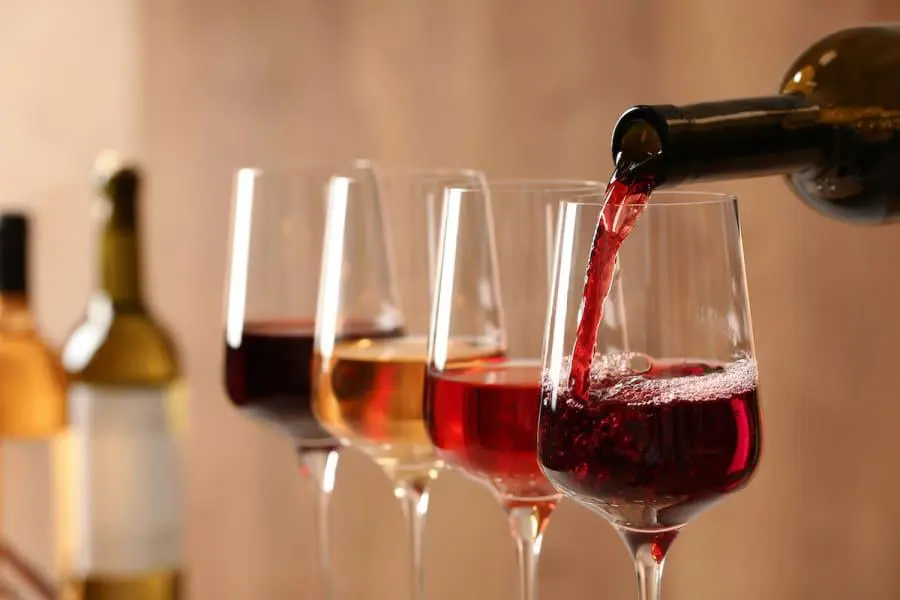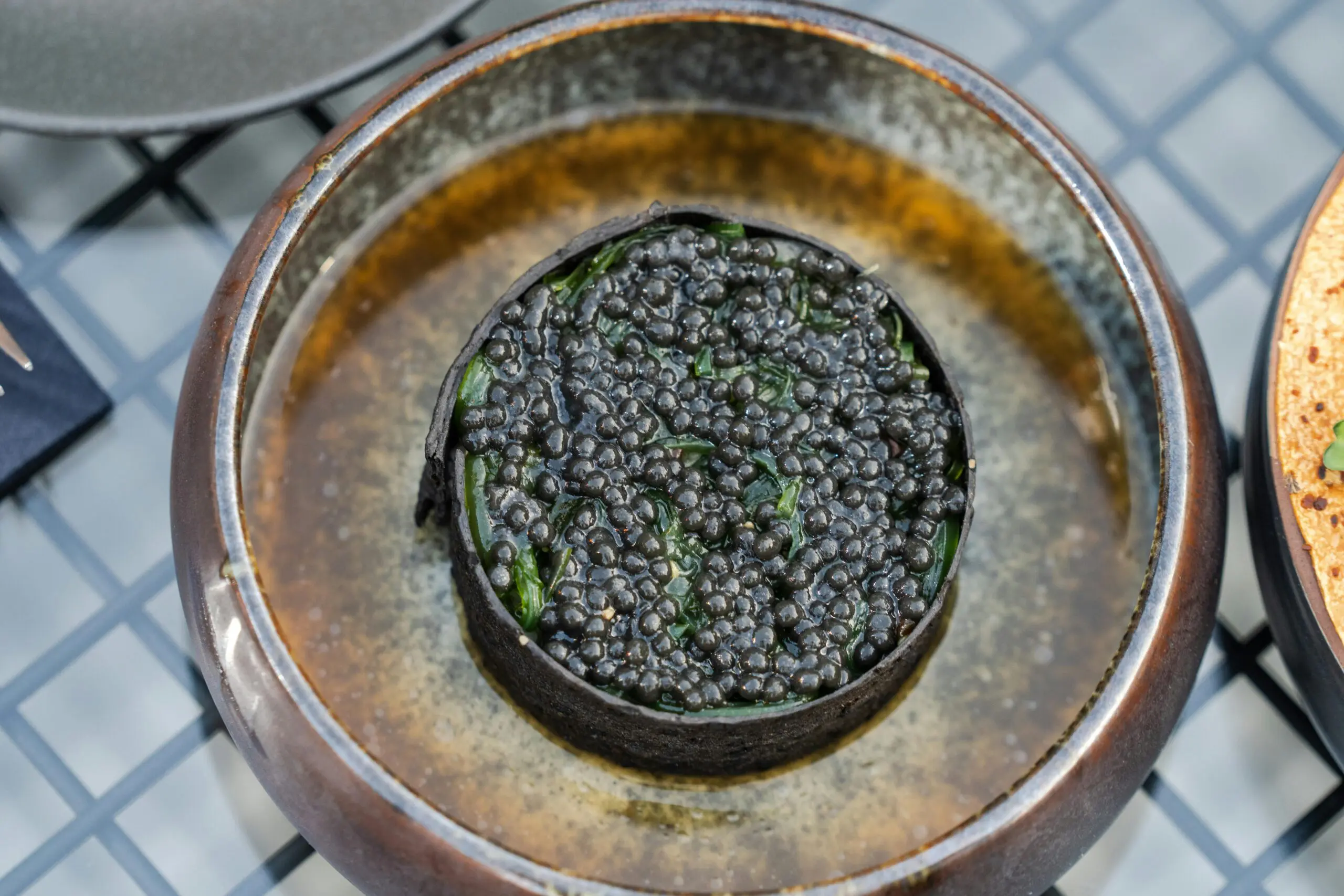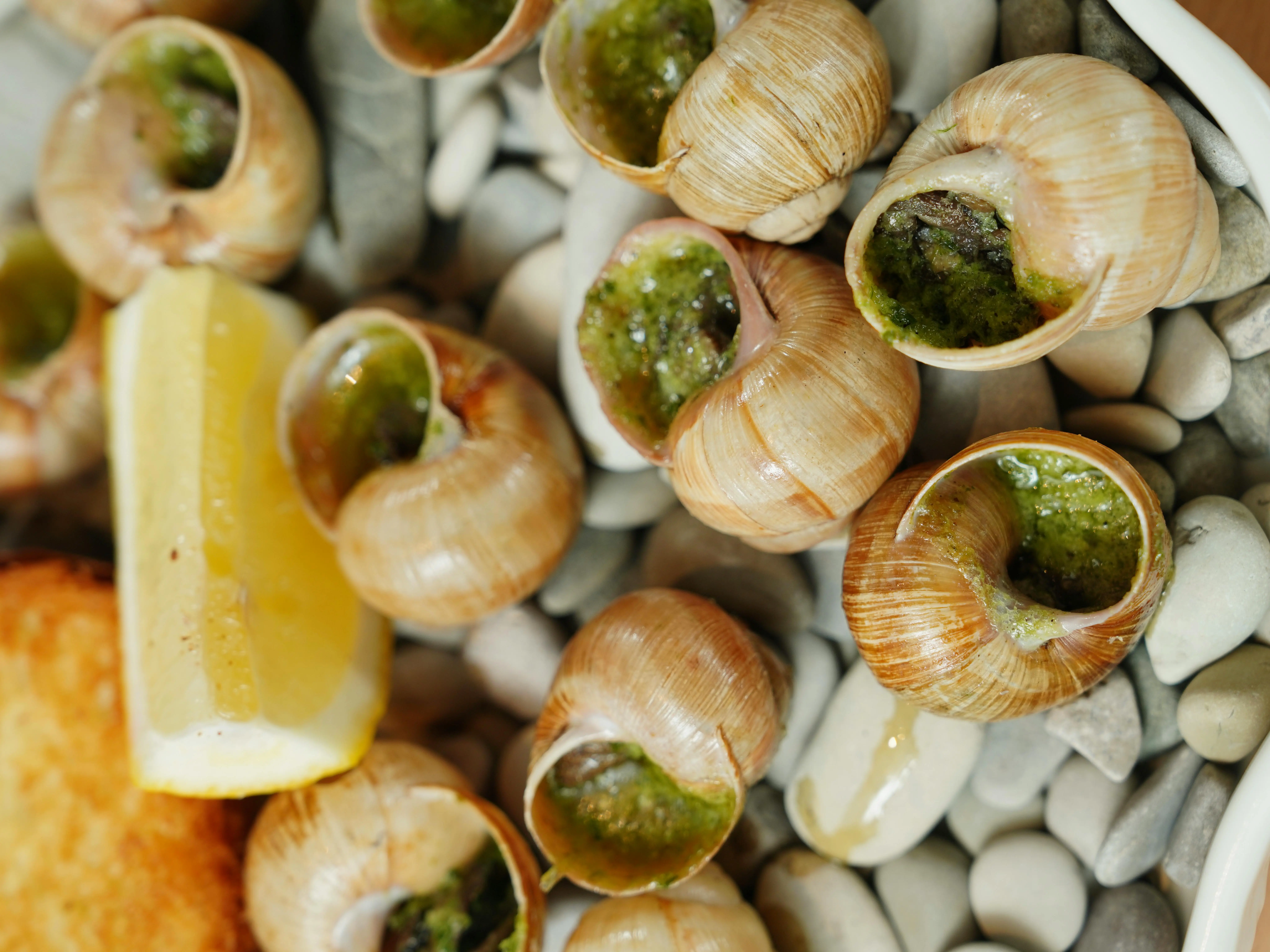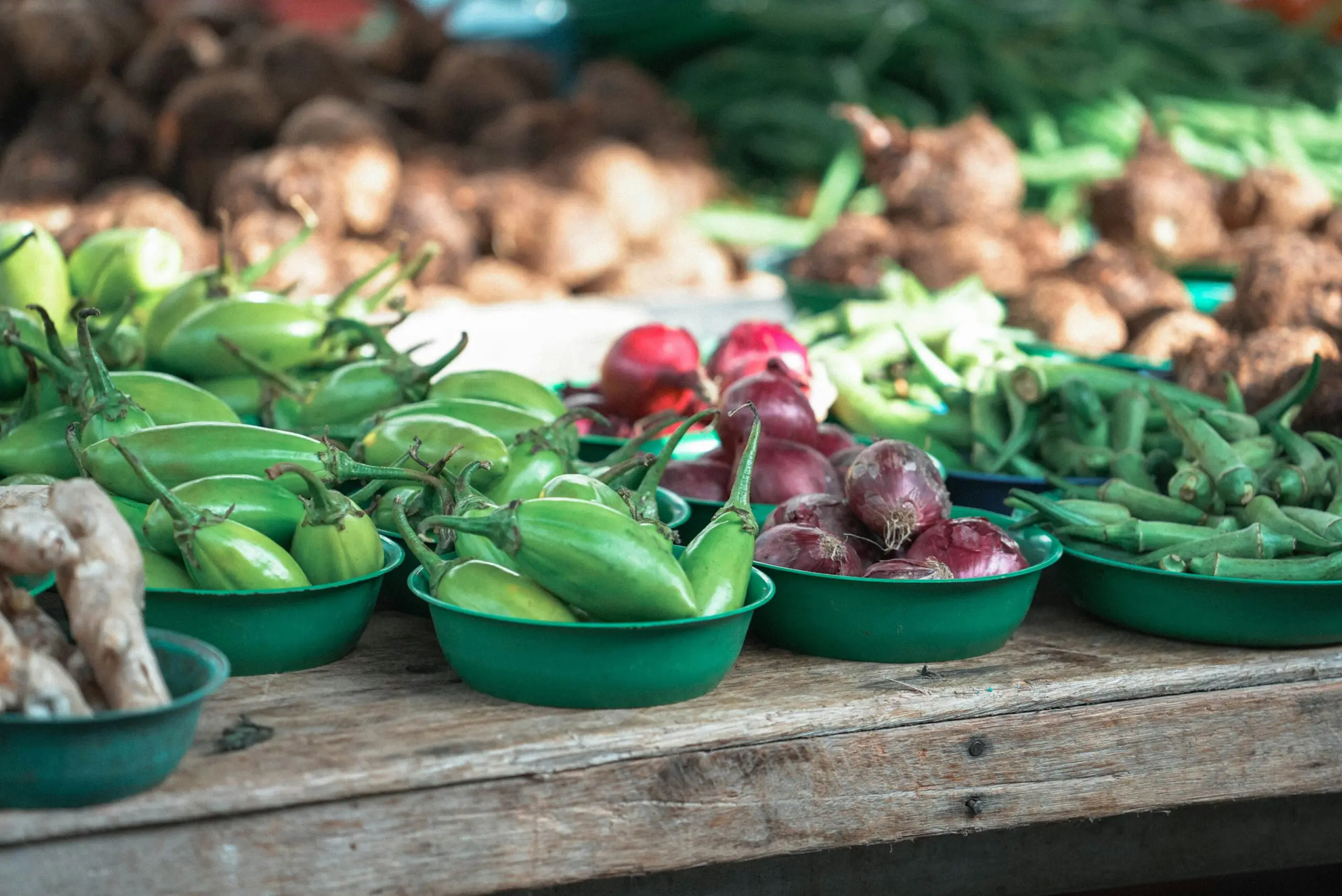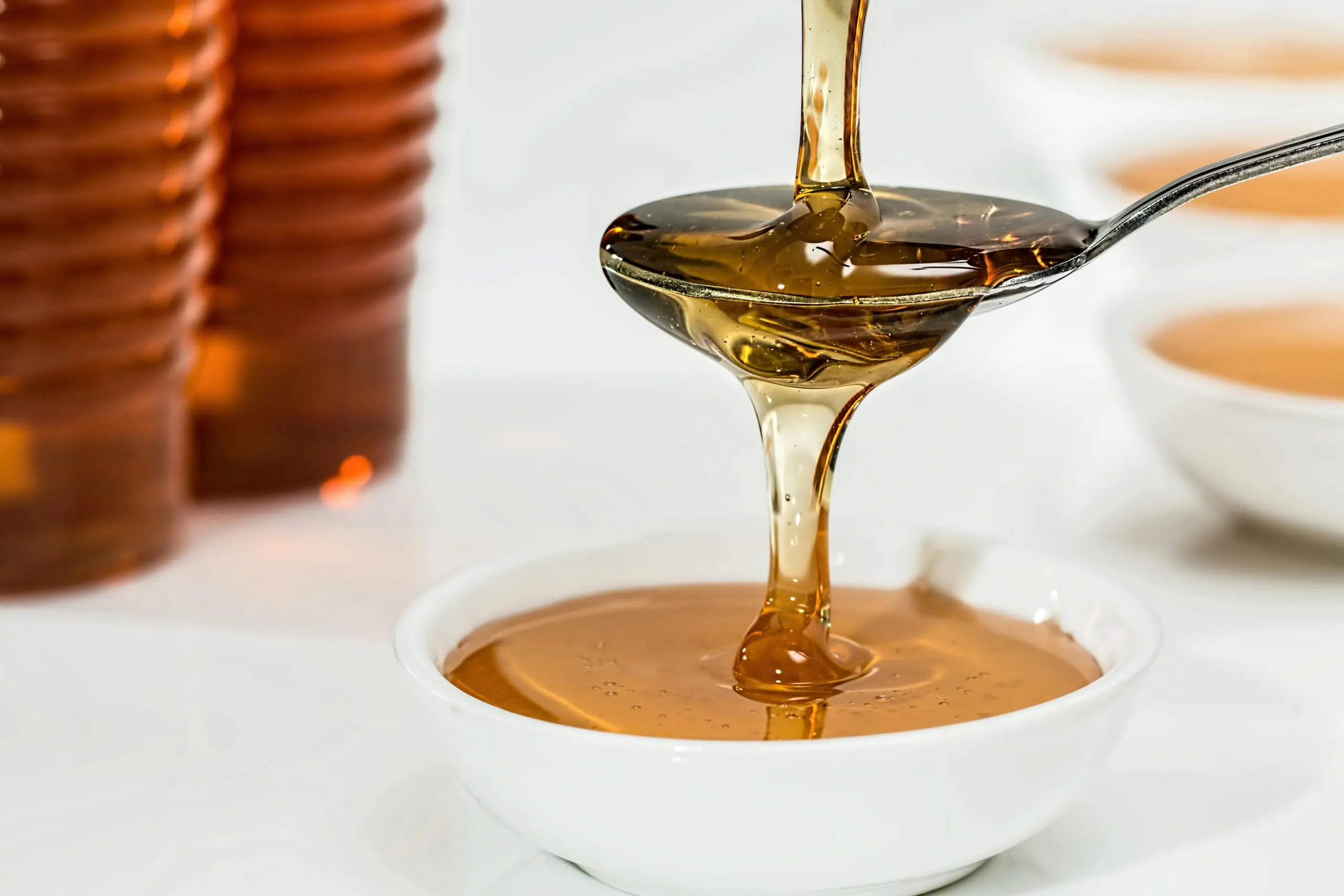We will introduce you to the great benefits of wine consumption. Apart from the pleasure of pouring yourself a glass of good wine (preferably red), it also has many benefits for our health. Here they are:
Longer life
Yes exactly. On the island of Icarios, they recently discovered an area where people live longer than anywhere else in the world. Guess what they consume daily – a glass of red wine, which they combine with healthy food.
A 2007 study found that procyanidins, compounds found in red wine tannins, help promote cardiovascular health. Wines produced in areas of southwestern France and Sardinia where people live longer have particularly high concentrations of the compound.
You get smarter
Resveratrol contained in wine can help improve short-term memory. After only 30 minutes of testing, researchers found that participants taking resveratrol had a significant increase in memory, and its intake was associated with the formation of new memories, learning and emotions.
Lower cholesterol levels
Reservoir also reduces high cholesterol levels, which can cause coronary artery disease if consumed in excess. One of the best ways to actively control harmful cholesterol levels – and ultimately prevent heart disease – is to limit your intake of saturated fats, especially red meat, and add a glass of red wine in the evening.
Reduces the risk of depression
In 2013, researchers from Spain discovered a possible link between wine consumption and depression. The study followed 5,500 men and women between the ages of 55 and 80 over seven years. Those who drank between two and seven glasses of wine each week were less likely to be depressed than those who did not drink wine. However, this drink should not be overdone.
Instead of fitness
Which would you prefer to drink wine or work out in the gym? Researchers at the University of Alberta in Canada have found that resveratrol improves heart, brain and bone function; in the same way these parts improve when you go to the gym. Now imagine the benefits of doing both!
Healthy heart
Red wine also reduces the risk of heart disease and stroke, as the tannins present in it protect against heart disease, while resveratrol is responsible for a healthy heart and helps eliminate chemicals responsible for blood clots.
9 interesting facts about wine and winemaking
As in any field of human knowledge and skills, there are curious facts and circumstances in wine production and wine in general that are not known to everyone.
1. Tartar. This is a deposit that settles on the walls of the wooden barrel after the processed grape juice is poured out of it. It is also called tartaric or tartaric acid and is a potassium salt.
2. You can make white wine from red grapes – but you can’t make red wine from white grapes. The juice of all grape varieties, in fact, has no color. The red color of the wine is due to the fact that the skin of the black or red grapes, which gives the color, is left in the marc until the juice turns red.
3. For wine storage it is best to buy a wine cabinet, which is desirable to be equipped with carbon filters (to remove foreign odors). But this is for everyday use. Long-term storage of wine is allowed only in the cellar. Storage temperature should not exceed 13 degrees Celsius.
4. The French insist that the prototype of the famous champagne glasses is the bust of Queen Marie Antoinette. However, the Greeks assure that this is in memory of the bust of the Beautiful Helen, known to us from the history of the Trojan War. It is not yet known whose version is more reliable.
5. The largest wine producer in the world is Italy (12%), not France, as many people think. The second place is occupied by America and France (11% of world production). The third position is in Spain – it provides the world with 9% of this high-quality alcoholic beverage.
6. Wine barrels are quite expensive vessels. For example, a barrel of French oak can cost up to $ 1,300. And from American oak – 300-500 dollars. But the high price is justified. The oak barrel has the ability to saturate the drink with a woody aroma for up to three fillings with wine. And even if you fill it for the fourth and fifth time, the aroma will still be there, albeit less pronounced.
7. Wine bottle stoppers are made from cork oak bark. This tree lives long enough – from 150 to 200 years, sometimes more. The bark is first collected when the tree is 25 years old. The bark of a tree is peeled once every 9-12 years, approximately 17 times, with an average annual harvest of 60 kg – and part of the bark is left intact. The date of the next peeling is written in red paint. And so after each harvest. The highest quality corks are produced in Portugal.
8. The largest cork oak in the world is the Whistling Tree in Portugal, which is more than 215 years old. Its bark has been peeled since 1820, and about 100,000 wine bottle caps have been made from it so far. Peel its bark once every 9 years. By the way, the tree got its name not by chance, but because of the many birds of different species that nest in its crown.
9. Approximately 600 grapes are needed to produce one bottle of wine.

